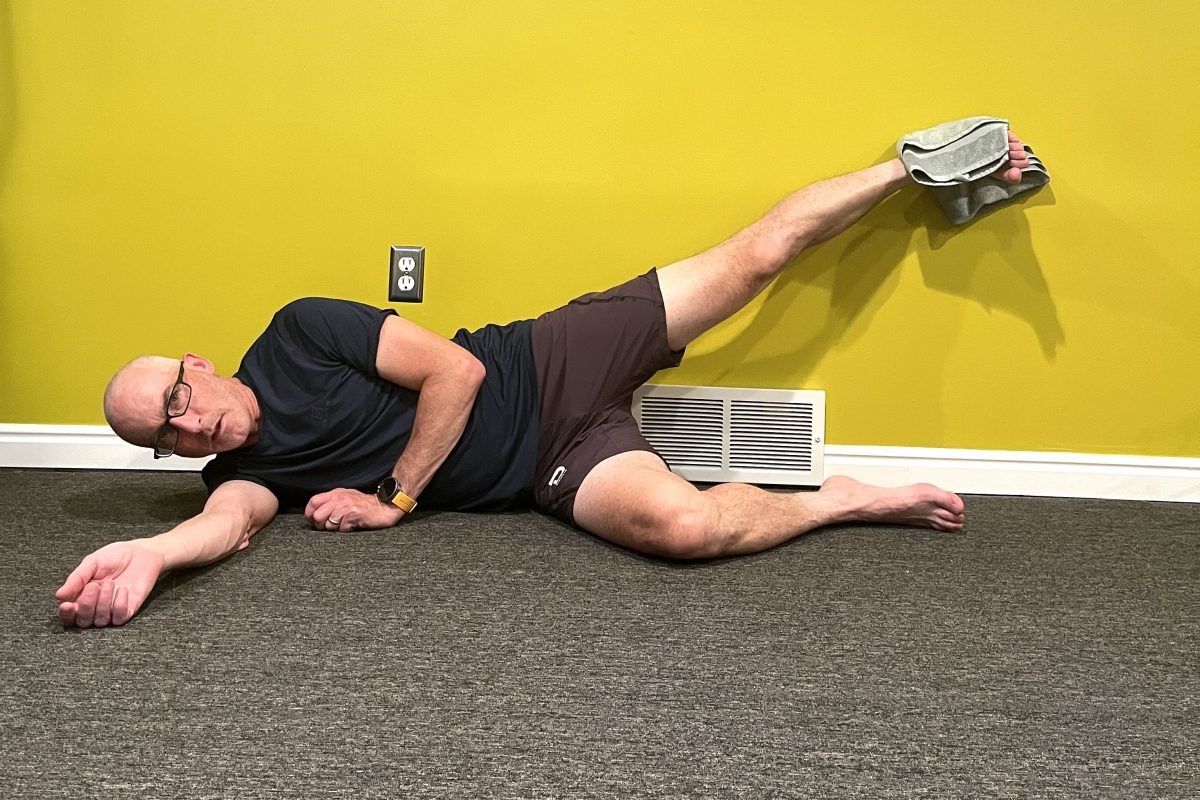Bengt Saltin (SWE), Chairman of the FIS Medical Committee, retired at the 45th International Ski Congress after having served on the Committee since 2000. FIS Newsflash had a chance to interview him after his last Committee meeting in Vilamoura (POR) earlier this week.
FIS Newsflash: Did you have a specific agenda when you became Chairman in 2002?
Bengt Saltin: My strength has always lied in conceptualizing and setting up structural frameworks for programs. When I became Chairman, I had three main goals. Firstly, I felt it was critical that the Medical Committee agreed on a common agenda and did not spread itself too thin across a broad set of topics. Secondly, at that time, there was a perception that FIS was doing too little for the fight against doping and needed to formulate a sound, new strategy. Thirdly, the number of injuries in skiing was and is a concern and I thought it was time for FIS to define its role in injury prevention. I think these goals were endorsed by the FIS Council when it appointed me as Chairman.
FIS Newsflash: Looking back at your tenure, how would you evaluate your success in realizing this agenda?
Bengt Saltin: I feel we have done quite well in all three areas. The FIS Medical Committee has really come together around a common set of topics. In addition to anti-doping education and injury prevention, we have emphasized medical education for team physicians and first aid training for all officials on the slopes. And, I am pleased to say that the FIS Medical Committee today consists of medical professionals who are all committed to helping FIS as an organization. In fact, each member now has a specific task that they perform for FIS in addition to their professional commitments throughout the year.
As far as anti-doping is concerned, FIS realized than an independent anti-doping expert was needed to oversee the program. That way the authority for this sensitive area of activity is not under the Medical Committee, the members of which are National Association and team officials, thereby eliminating. any perceived conflicts of interest and confidentiality. The FIS Anti-Doping program has received international recognition and thanks to a very advanced program focused on targeted testing in all FIS disciplines, we now have a reduced number of doping cases. And our blood testing program has led to a normalization of the previously excessive hemoglobin values among FIS athletes across all disciplines. This program was recently evaluated by CAS and confirmed in all its aspects, including the hemoglobin limits, program implementation and testing procedures.
Finally, the FIS Injury Surveillance System will launch as of the 2006-2007 season. It will establish the baseline data on how and why injuries occur and, eventually, the basis for injury prevention programs.
FIS Newsflash: What do you think will be FIS’s greatest medical challenge in the future?
Bengt Saltin: Injury prevention! FIS will be challenged not only to implement an effective injury prevention program but also to deliver tangible results with it on several levels. Measures will likely be required in terms of equipment, competition rules and policy-making as well as in national programs for leisure skiers.
In terms of our fight for drug-free skiing, I think we must stay vigilant and continue to invest in a targeted testing program. FIS will also work with WADA that has recently initiated a working group for blood testing with the ultimate goal of implementing an Athlete’s Passport program. In sum, the new chairman will still have a lot to do but I think we have established a good basis for the Committee’s future work.
Source: FIS



